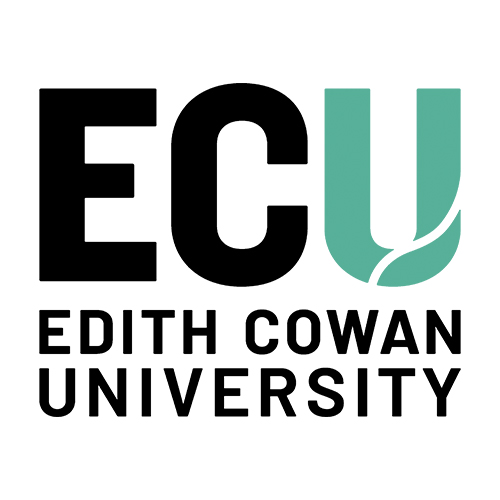Refine results
Level of study
Location
Study Mode
Field of study

Bachelor of Engineering (Instrumentation Control and Automation) Honours
- Joondalup
- 4 years full-time
- ATAR: 80 or above

Bachelor of Engineering (Mechatronics) Honours
- Joondalup
- 4 years full-time
- ATAR: 80 or above

Bachelor of Engineering (Robotics and Autonomous Systems) Honours
- Joondalup
- 4 years full-time
- ATAR: 80 or above

Bachelor of Engineering Honours/Bachelor of Commerce
- Joondalup
- 5 years full-time
- ATAR: 80 or above

Bachelor of Engineering (Energy) Honours
- Joondalup
- 4 years full-time
- ATAR: 80 or above

Bachelor of Engineering (Civil) Honours
- Joondalup
- 4 years full-time
- ATAR: 80 or above

Bachelor of Engineering (Chemical) Honours
- Joondalup
- 4 years full-time
- ATAR: 80 or above

Bachelor of Engineering (Mechanical) Honours
- Joondalup
- 4 years full-time
- ATAR: 80 or above

Bachelor of Engineering Honours/Bachelor of Science
- Joondalup
- 5 years full-time
- ATAR: 80 or above

Bachelor of Engineering (Civil and Environmental) Honours
- Joondalup
- 4 years full-time
- ATAR: 80 or above